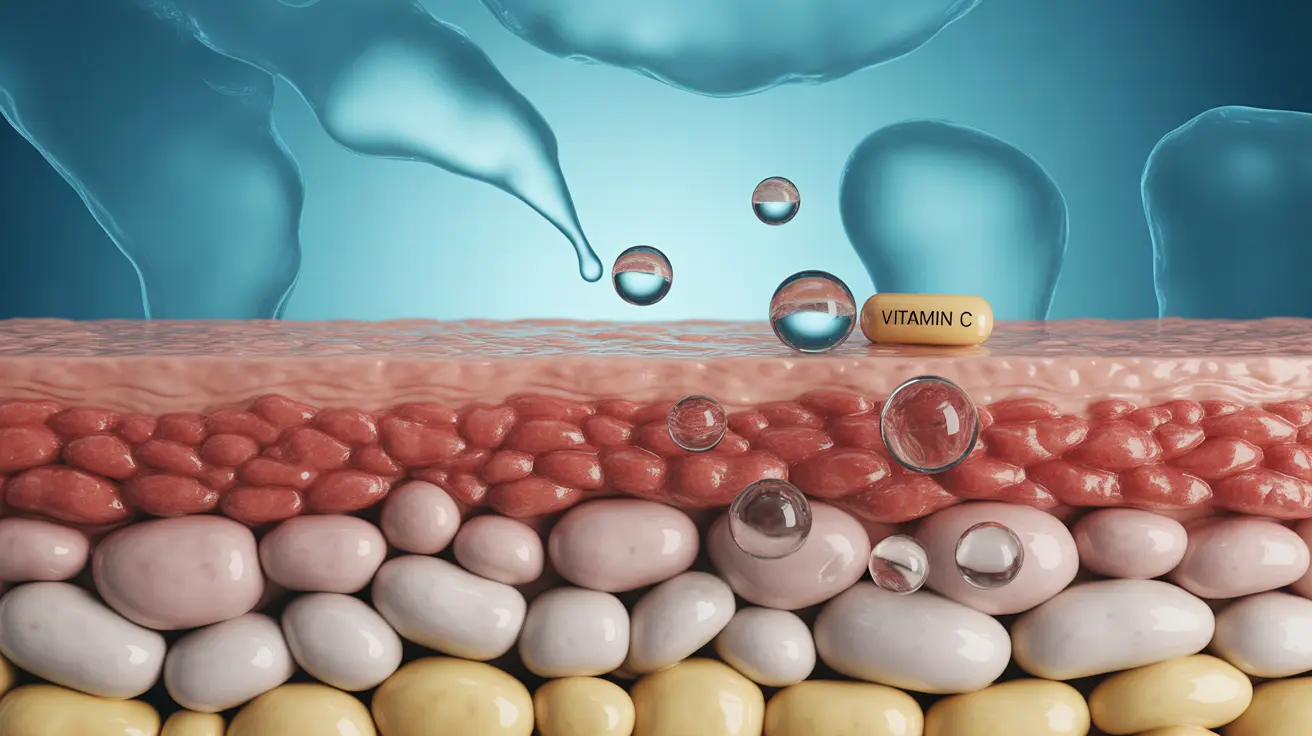Stretch marks affect millions of people, particularly during periods of rapid body changes like pregnancy, growth spurts, or significant weight fluctuations. While these silvery lines are completely natural, understanding how to prevent stretch marks can help maintain skin elasticity and reduce their appearance. This comprehensive guide explores evidence-based strategies for keeping your skin resilient and healthy.
Understanding Stretch Mark Formation
Before diving into prevention methods, it's crucial to understand how stretch marks develop. These marks occur when the skin stretches rapidly, causing tiny tears in the dermis layer. The body's natural healing response creates scar tissue, which appears as visible lines on the skin's surface. Knowing this mechanism helps explain why certain prevention strategies can be effective.
Hydration and Skin Health
Proper hydration plays a vital role in maintaining skin elasticity and preventing stretch marks. When your body is well-hydrated, your skin remains more supple and better able to adapt to changes in shape and size.
Internal Hydration Strategies
- Drink at least 8-10 glasses of water daily
- Include hydrating foods in your diet
- Monitor urine color as an indicator of hydration
- Limit dehydrating substances like caffeine and alcohol
Nutritional Support for Skin Elasticity
The right nutrients can significantly boost your skin's ability to maintain elasticity and resist stretch mark formation. Focus on incorporating these key nutrients into your daily diet:
Essential Nutrients for Skin Health
- Vitamin C: Supports collagen production
- Vitamin E: Promotes skin healing and elasticity
- Zinc: Aids in skin repair and protein synthesis
- Protein: Provides building blocks for healthy skin
- Omega-3 fatty acids: Support skin membrane health
Topical Treatment Strategies
While no cream can guarantee complete prevention of stretch marks, certain ingredients have shown promise in supporting skin health and elasticity:
Effective Moisturizing Ingredients
- Hyaluronic acid
- Coconut oil
- Vitamin E oil
- Cocoa butter
- Almond oil
Lifestyle Habits for Prevention
Adopting healthy lifestyle practices can significantly impact your skin's ability to prevent stretch marks:
Regular Exercise
- Maintains healthy skin circulation
- Promotes collagen production
- Helps maintain steady weight
- Improves overall skin tone
Gradual Weight Management
- Aim for steady, controlled weight changes
- Follow balanced nutrition plans
- Work with healthcare providers during pregnancy
- Avoid crash diets
Frequently Asked Questions
How can I prevent stretch marks during pregnancy or rapid weight changes?
Focus on gradual weight gain or loss, maintain proper hydration, and use appropriate moisturizers daily. Regular gentle exercise, as approved by your healthcare provider, can also help maintain skin elasticity during body changes.
What lifestyle habits help reduce the risk of developing stretch marks?
Regular exercise, maintaining steady weight, proper hydration, and a balanced diet rich in skin-supporting nutrients are key lifestyle habits that can help reduce stretch mark risk.
Are moisturizers or creams effective for preventing stretch marks?
While no cream can guarantee complete prevention, moisturizers containing ingredients like hyaluronic acid, vitamin E, and cocoa butter can help maintain skin elasticity and may reduce the likelihood of stretch mark formation.
Which nutrients and foods support skin elasticity to help prevent stretch marks?
Foods rich in vitamin C, vitamin E, zinc, protein, and omega-3 fatty acids support skin elasticity. Include plenty of fruits, vegetables, nuts, seeds, fish, and lean proteins in your diet.
Can staying hydrated really lower the chances of getting stretch marks?
Yes, proper hydration is crucial for maintaining skin elasticity. Well-hydrated skin is more supple and better able to adapt to body changes without developing stretch marks. Aim for consistent water intake throughout the day.




